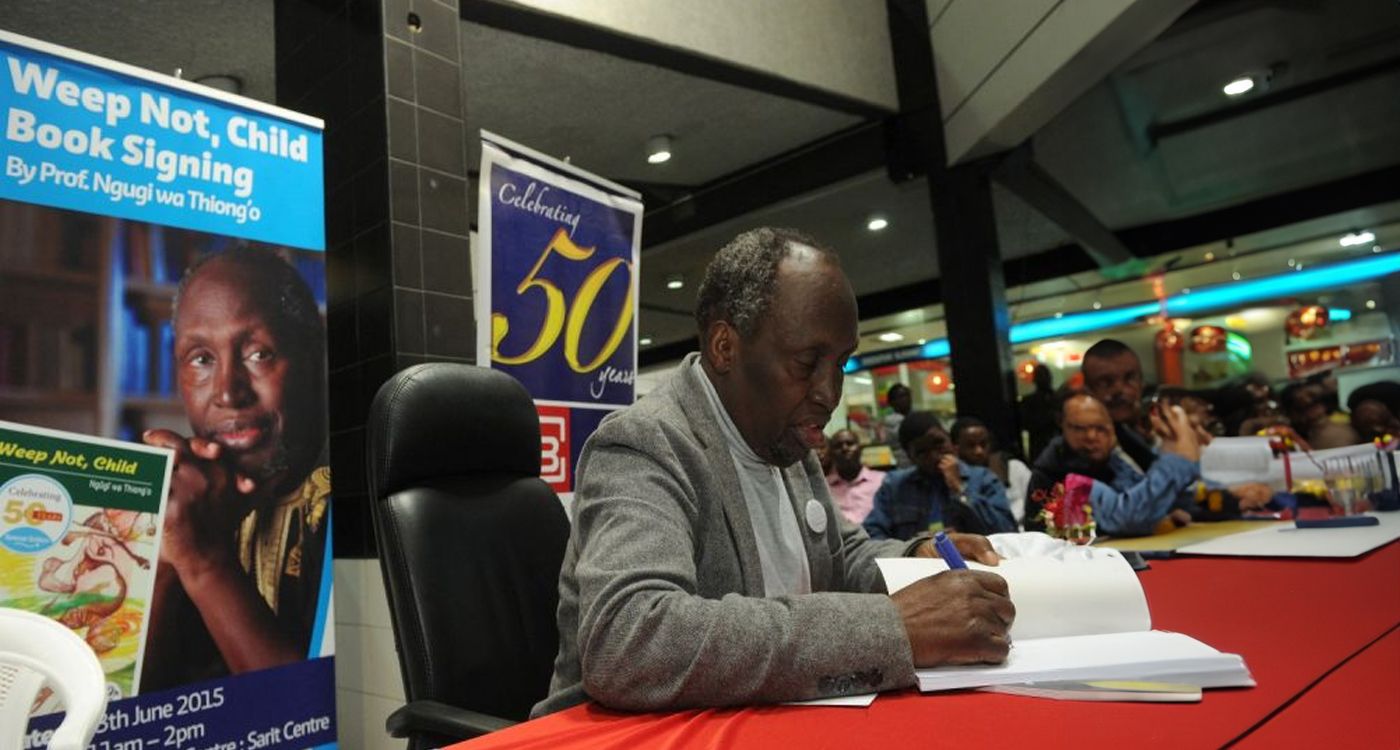
As anticipation builds for the announcement of the 2024 Nobel Prize in Literature, speculation surrounds the possibility of the Swedish Academy broadening its horizons. With a history of predominantly honoring Western writers, this year’s prize could spotlight an author from outside Europe, reflecting a growing push for diversity and global representation. Chinese author Can Xue leads the betting pools, while other contenders include Antiguan-American Jamaica Kincaid and Australian novelist Gerald Murnane.
Since its inception in 1901, the Nobel Prize in Literature has largely honored Western writers, but experts suggest the Swedish Academy may turn its attention beyond the Western world this year. With no official shortlist, speculation is rife ahead of the announcement, scheduled for Thursday at 1:00 PM (11:00 GMT).
Many believe that Chinese author Can Xue, known for her surreal, Kafkaesque style, is a strong contender, leading on several betting sites. Australian novelist Gerald Murnane is also widely tipped. The Academy is known for bringing lesser-known writers to a wider audience, a pattern evident in past selections like Zanzibar-born British author Abdulrazak Gurnah in 2021 and American musician Bob Dylan in 2016.
Bjorn Wiman, culture editor at Dagens Nyheter, commented that the Academy often selects a writer who surprises the cultural establishment. He suggested the prize could go to a female author from outside Europe, potentially from Mexico, Argentina, or Africa. Wiman’s personal pick, however, would be British Indian-born author Salman Rushdie, a symbol of free speech after the controversy over his 1988 novel The Satanic Verses and his subsequent attack in 2022. However, Wiman acknowledged the Academy may face criticism if they choose another male laureate.
Last year, the prize went to middle-aged Norwegian playwright Jon Fosse.
A Eurocentric, Male-Dominated Prize
Historically, the Nobel Prize in Literature has been Eurocentric and male-dominated. Of the 120 laureates, only 17 have been women, eight of whom were awarded in the past 20 years. While 30 English-language authors and 16 French-language authors have won, only one Arabic writer — Egypt’s Naguib Mahfouz — received the prize in 1988.
Carin Franzen, a literature professor at Stockholm University, pointed out that China’s vast literary heritage is underrepresented in Nobel history, with the last Chinese author, Mo Yan, winning in 2012.
Victor Malm, cultural editor at Expressen, speculated that Antiguan-American author Jamaica Kincaid might win this year. He argued that a Nobel for a Hindi author would be unlikely, as none of the Academy members speak the language, making it difficult to judge the work’s authenticity.
Despite this, the Academy has expanded its consultation efforts since 2021 to include language experts, although this is still not equivalent to reading a work in its original language, noted Lina Kalmteg, a literary critic at Swedish public radio.
Broadening Perspectives
With its predominantly Western laureates, the Nobel’s reputation as a global literary prize is sometimes questioned. Historically, Western culture was viewed as superior, said literary critic Rasmus Landstrom, adding that the Academy’s deliberations have struggled with this bias for decades.
Since the 2018 #MeToo scandal that shook the Academy, it has vowed to broaden its selection geographically and linguistically. Franzen noted it would be a significant step for the Academy to honor a non-European perspective this year. Her personal favorite is Canadian poet Anne Carson.
Johan Hilton, cultural editor at Goteborgs-Posten, believes a Central or Eastern European author could win. However, he ruled out a Russian winner, given the current political climate, stating it would be “politically impossible” and could harm the prize’s credibility.
Other writers being considered include Hungary’s Laszlo Krasznahorkai, Romania’s Mircea Cartarescu, Kenya’s Ngugi wa Thiong’o, and Japan’s Haruki Murakami.
With AFP
Comments